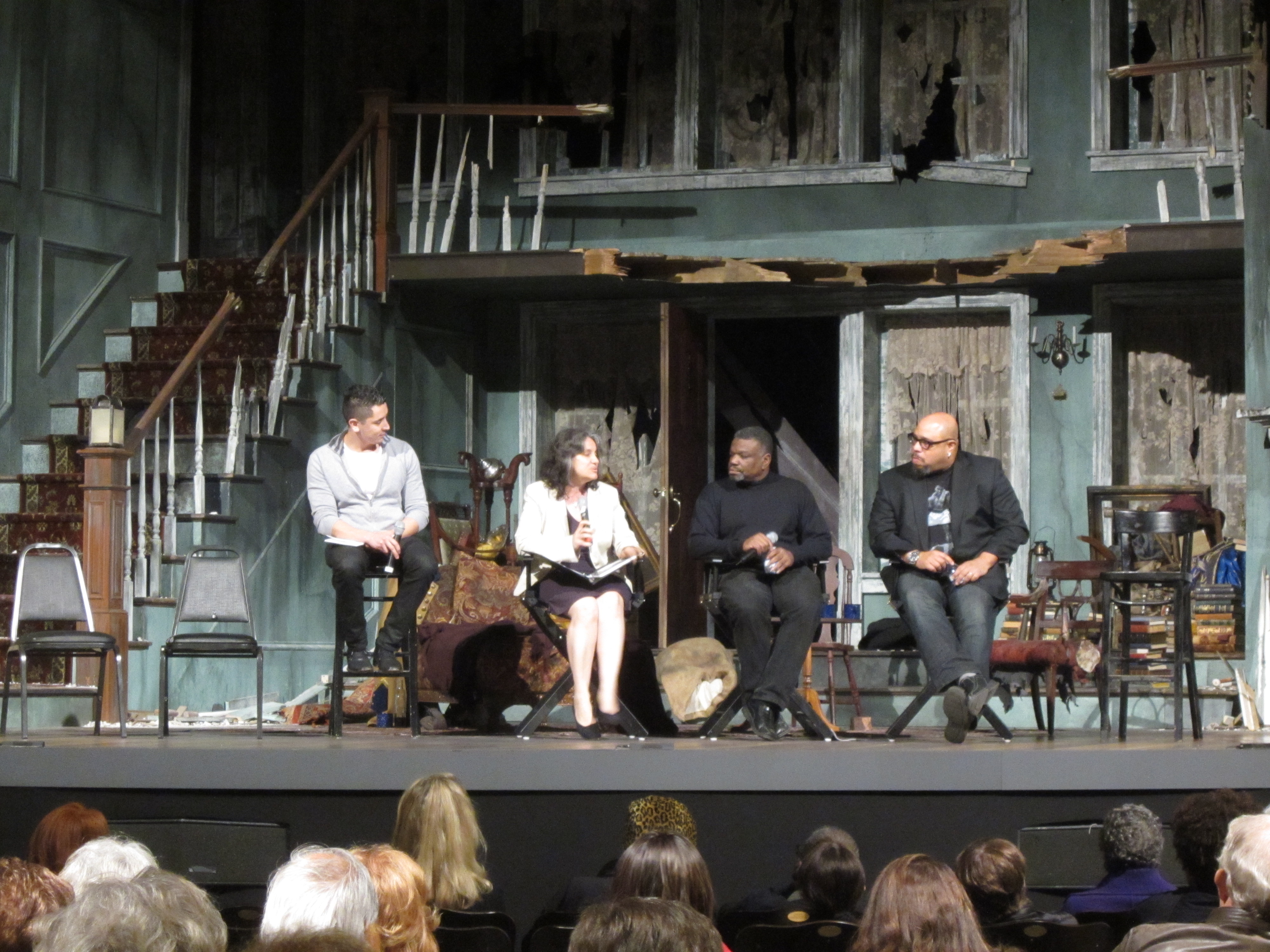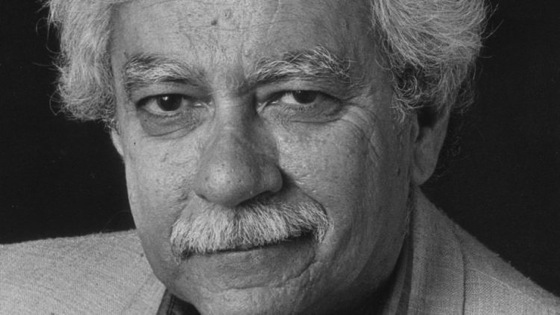At Cal Poly Pomona Today for “How Who Redefined Masculinity – The Doctors and their Male Companions” #doctorwho
Cal Poly Pomona University Library Classroom 1807, First Floor
On Screenwriting and Media with Dr. Rosanne Welch
Writing, Film, Television and More!
Since I am starting the new Mindful(l) Media podcast for 3rd Pass Media, I figured I should also make all my other presentations available as a podcast. Hence, here is On Television and Media with Dr. Rosanne Welch, newly added to the iTunes Podcast Directory.
Subscribe today and you’ll get all new videos and audio podcasts directly on your computer, iPad, or iPhone each time I publish a new show.
You can follow all of my posting, videos and more on Flipboard, if you are a user of that news reading app.
A short update on various university-related news in the Orange County Register mentions Dr. Rosanne Welch this week.
(Dr.) Rosanne Welch, adjunct communications lecturer in radio, TV and film, spoke about student-centered pedagogy (teaching theory) and using art in adaptation in education at the Critical Questions in Education conferences presented by the Academy for Educational Studies in San Diego. — “Bravo: University Accomplishments”, Orange County Register, February 24, 2015
You can watch Dr. Welch’s portion of this talk in this YouTube Video
Using Film Adaptation Techniques to Teach Classic Books with Dr. Rosanne Welch
In time and space, the Doctor Who series lecture returns…
Tuesday, April 21
12:00pm–1:00pm
Cal Poly Pomona University Library
Room 1807, First floor


Fan Fiction Workshop
Dr. Rosanne Welch and Dr. Melissa Aaron
Invite you to write fan fiction!
Thursday, April 9 — 12:00pm–1:00pm
Cal Poly Pomona
University Library – Fourth Floor
Library Special Collections
On Tuesday February 24th, I had the great pleasure of moderating a Talkback Tuesday panel at the Pasadena Playhouse that followed a performance of The Whipping Man by Matt Lopez.
Joining me for the discussion “Writing Race for Television and the Stage” were Walter Allen Bennett, Jr., whose credits include writing for The Cosby Show and 704 Hauser Street, and executive producing The Steve Harvey Show and Ralph Remington, a director-producer who has served as a Director at the National Endowment for the Arts and an Assistant Executive Director of Actors’ Equity who also founded the Pillsbury House Theatre in Minneapolis where he staged such shows as The Sign in Sidney Brustein’s Window (by Lorraine Hansberry) and Streetcar Named Desire (by Tennessee Williams).

We discussed the lack of variety in the types of African American characters who populate our stages and screens and the need for more and more unique stories to be told so that the stereotypes can be broken in the next generation. We also tried to address the ways writers of all colors can write about characters of all colors respectfully. The audience was highly moved by the spirituality of the play and wanted to know more about the small number of Jewish slaveholders in the south –what happened to their slaves and their faith after the Civil War ended and, particularly, why people who praised Moses for bringing their ancestors out of slavery would ever maintain the practice themselves. That’s when I knew that our education system is failing in this area because no one realized the deep financial need for accepting and adapting to that labor system if one wanted to be wealthy as a Southerner.
Later in the discussion the cast joined us on stage as well. With Charlie Robinson, who played Simon (and once guest starred on Touched by an Angel) we discussed the deep research he conducted to create the role of a slave steeped in Judaism and the quality of roles available to African Americans and the difficulty in choosing well to build a career. He made some jokes about his earlier work in Night Court and we ran out of time before I could remind him that on that program all the characters were equally comical so his clerk was not merely there to create laughs. I then asked Adam Hass Hunter, who played Caleb the Jewish Confederate soldier dying of gangrene how much true history of slavery had been taught to him in his K-12 public school education as a child in Kentucky. As expected, he had no real memories of ever being taught the truth about slavery and had to conduct similar research.

Before the play we all met with the Associate Artistic Director of the Playhouse, Seema Sueko and had a great time discussing the status of the industry (television) and our individual histories of involvement with the play A Raisin in the Sun, which we had all worked on at some point in our careers. We also chatted about how ‘white’ writers can avoid knowing anything about African American history and still survive in an artistic world but African Americans must know about mainstream history in order to work. I was reminded of the TED Talk by Chimimanda Adiche on “The Dangers of a Single Story” that I share with my MFA screenwriting students.
Thanks to Victor Vasquez, the Community Organizer, for inviting me and to my various students who came out to attend the show and join in the discussion.
A bit of news from the Cal Poly Post today — Rosanne
New club to ‘save the world in the name of the Doctor’
[…]
Professors Peg Lamphier and Rosanne Welch are the advisors for the Whovian Society. Saeed was easily able to get both of them to back the club.
“I had Dr. Welch in IGE 120, and she does ‘Doctor Who’ lectures on campus,” said Saeed. “We did an introductory activity in IGE where it really helped us to who we understand who we are. Since I already made a Whovian Society back in high school, that’s also what I talked about.
“Dr. Lamphier is a really good friend to Dr. Welch, and they both work really well together. It was a given that Dr. Lamphier should be our second advisor.”
Welch has been a fan of the show since high school.
“I watched it in the 70s with my college [and] high school friends,” said Welch. “When it was rebooted in 2005, I naturally came back to it. I found it was an interesting, well-written show.”
Welch believes that the show is beneficial for anyone to watch.
“I think it’s a positive show,” said Welch. “A lot of science fiction [television shows] focus on apocalyptic, end-of-the-world zombies eating us stuff, and [the Doctor] focuses on providing the change that will makes the worlds that he visits better.”
[…]

The writing world lost Al Martinez today – a beloved columnist from the LA Times who taught me about all the nooks and crannies and characters in Los Angeles when we first moved here. I had the pleasure of having breakfast with him many times at Jerry’s Diner after I began publishing reflections on my neighborhood in the Times. I had the audacity to email him about a column of his I particularly liked and then ask his opinion on one of mine that had recently been published. Al invited me to lunch to chat of TV (since he had written for a few shows) and life in general and it became an irregularly scheduled event for a few years.
He would bring me autographed copies of his latest books and ask MY opinion of HIS writing. The best thing he ever told me/taught me was that he always conducted interviews withOUT a tape recorder. He figured when he went to write the article or column, whatever he remembered was the most interesting part of the interview so that would be all that he needed… That’s the sign of a natural reporter. What I loved about his columns was that he covered real people from all over the city for all those years. AND when the LA Times first let him go after 25 years the outrage from readers was sooooo strong, they instantly rehired him for another few years.
Then I had the guts to ask him to write the Back of Book Blurb for the book Dawn and I co-edited in 2004, Three-Ring Circus: How Real Couples Balance Marriage, Work, and Family. THAT was a compliment and a great honor. Guess now it’s time to start rereading all his work again. Believe me, it’s worth the read. And Al was sooo worth getting to know.
Books by Al Martinez
My book, for which Al wrote the blurb: